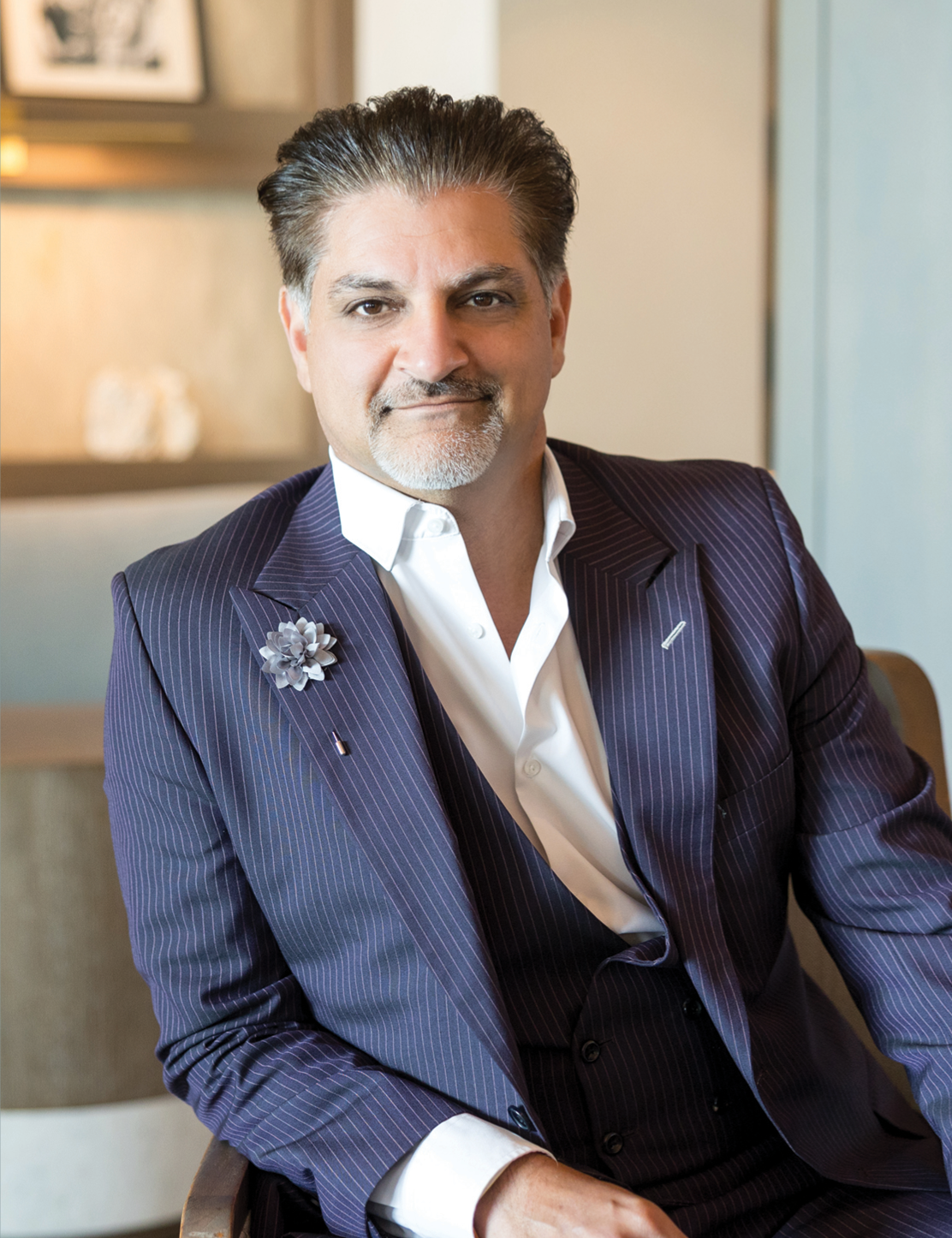Ken Broda-Bahm, Ph.D. is a Senior Litigation Consultant at Holland & Hart in charge of assisting plaintiffs and defendants seeking to maximize their message effectiveness in jury trial, bench trial, arbitration, and mediation settings by providing strategic advice, messaging, opening statement assistance, witness preparation, demonstrative exhibit advice, jury selection, mock trial and focus group research. Learn more at www.hollandhart.com.
Show (a Little) Facial Expression in Court
It is common advice for witnesses in the courtroom or representatives at counsel table: keep a poker face. That advice—avoid scowls, grimaces, and other head-shaking reactions while you’re being observed by a jury—has some obvious common sense behind it. But the advice can also be taken to an extreme. Maintaining the court’s decorum and avoiding negative perceptions are important goals, but such discretion shouldn’t be the enemy of communication. A baseline level of reasonable human reaction and expression can be a good thing.
This is supported in the research as well. A recent article in Scientific American reports on a study (Kavanagh, Whitehouse & Waller, 2024) showing that facial expressiveness is associated with greater likability. The team reported on their study that showed that “moving your face in some way, whether you’re smiling, raising an eyebrow or wrinkling your nose, may help people warm to you more.” Studying partners in conversational settings, they assessed each person’s nonverbal expressivity and discovered that greater facial expression led to participants being seen as more likable and agreeable. The team reasons that non-verbal communication is favored based on its evolutionary advantages in building community and common understanding. Someone who is perceived as being easier to read is going to be seen as more trustworthy and likable for that reason. This suggests a few considerations for those appearing in court.
Avoid an Artificially Flat Affect
On one end of the spectrum, some in the courtroom will try to turn their non-verbal reactions off. As much as that might seem like the safe route, it is probably impossible. You can’t communicate “nothing,” and instead the passive face is likely to be interpreted as “bored” or “angry.” We expect to see some level of non-verbal engagement. The researchers report on prior studies showing that humans are probably more facially expressive than any other species and note that on average, people in typical social interactions will produce 101 facial movements every minute. You can’t bring that to zero even when you’re in the hushed environment of a courtroom.
Avoid Anything that Could be Seen as Performative
On the other end of the spectrum, the last thing you want is for jurors to feel like you are putting on a show. The idea that you are telegraphing your reactions to them nonverbally can be seen as distracting, insulting, or insincere. When it comes to whether the question or the testimony coming from the witness box is ridiculous, whether opposing counsel is being obnoxious, or whether a ruling from the bench is unfair, jurors will form their own conclusions. They don’t want to see a witness or party representative in the courtroom performing that reaction for them.
Let Your Natural Reactions Guide You
Whether you’re at counsel table or in a witness box, they key is to be natural. Stay engaged, think about the content of what you are hearing, and react normally. Knowing that the courtroom is a very constrained place—I sometimes call it a “civil cathedral,” with its hushed and formal environment—you won’t want to react the same way you would if you were in a bar, or if you were in the legal team’s war room. You want to be restrained, serious, and respectful. But that doesn’t mean being blank. You can still be human. You should try and avoid reacting to every statement by the other side, and the best emotion to convey is just that you are attentive and engaged.









